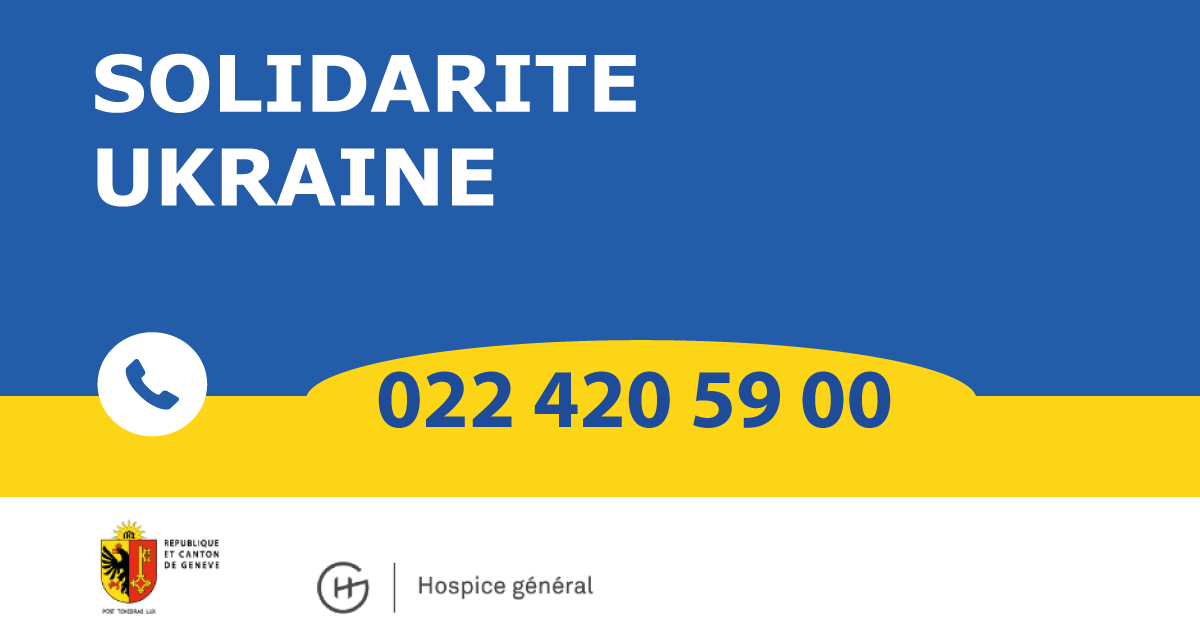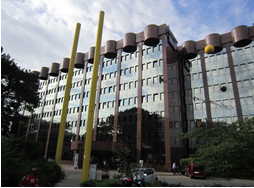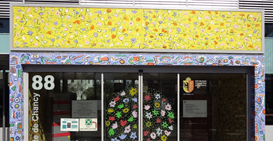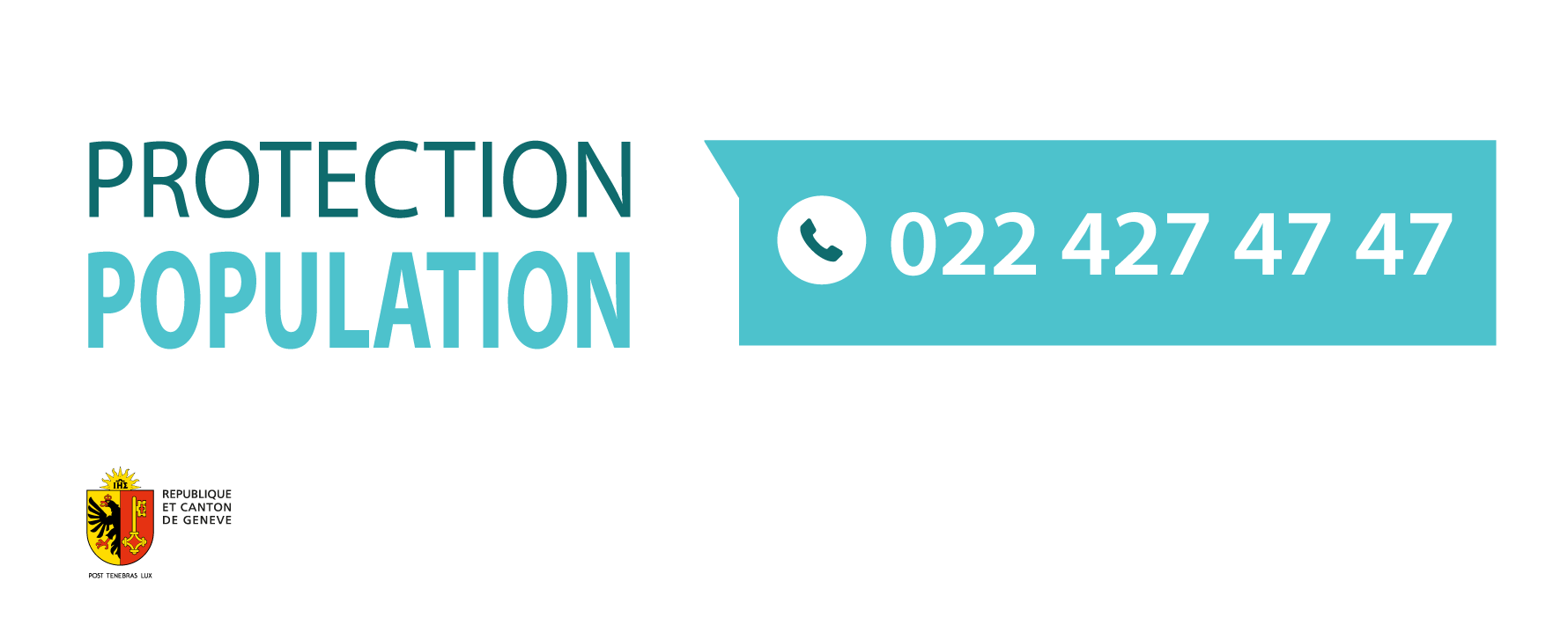Solidarité Ukraine in Geneva
What assistance for Ukrainians fleeing their country ?
- Assistance for Ukrainians - Federal State secretariat for migration (SEM)
- Host families for refugee persons from Ukraine (OSAR) - Organisation suisse d'aide aux réfugiés / Swiss Refugee Council (OSAR) (in French or German)
- Ukrainian refugees with dogs or cats Federal food safety and veterinary office (FSVO)
Human trafficking
Victim or witness of human traficking : who to contact (in French)
Human trafficking and other forms of abuse : Protect yourself!
Information on the situation in Ukraine
- Questions and answers of the SEM regarding the war in Ukraine - Federal State secretariat for migration (SEM)
- Russian invasion in Ukraine - Office fédéral de la protection de la population
- To be informed in case of danger, download Alertswiss



